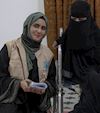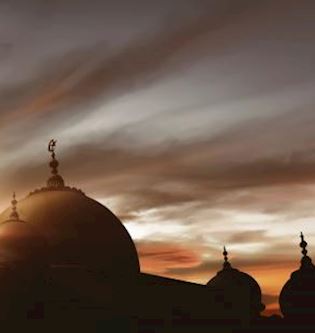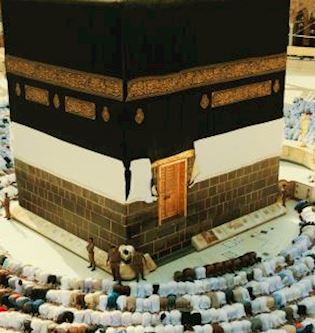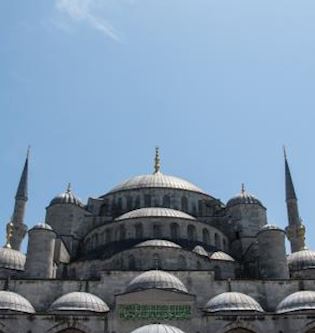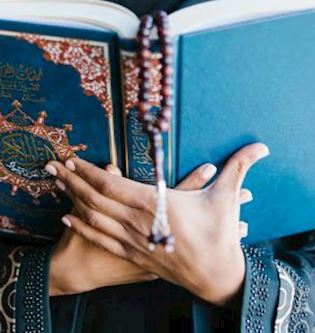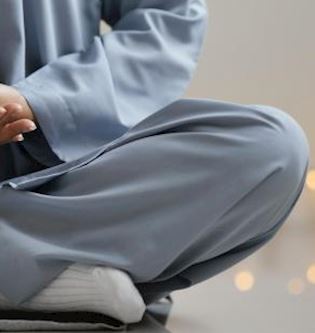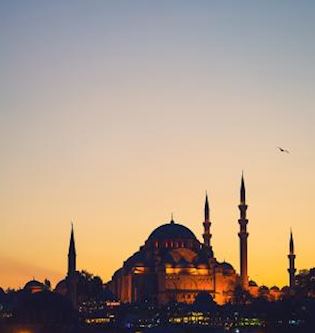What is the significance of Hijra in Islam?
What is Hijrah?
Hijrah can be defined as migration from one place to another.
In Islamic history, it is referred to as the time Prophet Muhammad (PBUH) moved from Mecca to Medina. According to Islamic tradition, the migration was due to a plot to harm Muhammad and the measures taken to protect his well-being.
Why Did the Prophet (PBUH) Migrated to Madinah?
The migration (Hijrah) of the Prophet Muhammad (PBUH) to Madinah was a critical event in Islamic history. The persecution of Muslims in Makkah had grown increasingly intense, making it difficult for them to practice their faith in Medinah. The Quraysh tribe, who dominated Mecca at the time, joined forces with surrounding Arab tribes to isolate them not only economically but also socially to the point of helplessness. To the Meccans, Muhammad’s (PBUH) message went against everything they stood for and they sought to suppress the growing Muslim community.
In response to this oppression, Allah commanded the Prophet (PBUH) and his followers to migrate to a place where they could worship freely and establish the religion of Islam.
The Prophet Muhammad (PBUH) had a dream in which he saw himself migrating to a city with date palms. Initially, he thought it might be al-Yamamah or Hajar, but it turned out to be Madinah, also known as Yathrib. This migration led to the establishment of the first Islamic nation in Madinah, marking a significant turning point for Islam. Many of the early followers of Islam only included his close friends and relatives early in his preaching of Islam
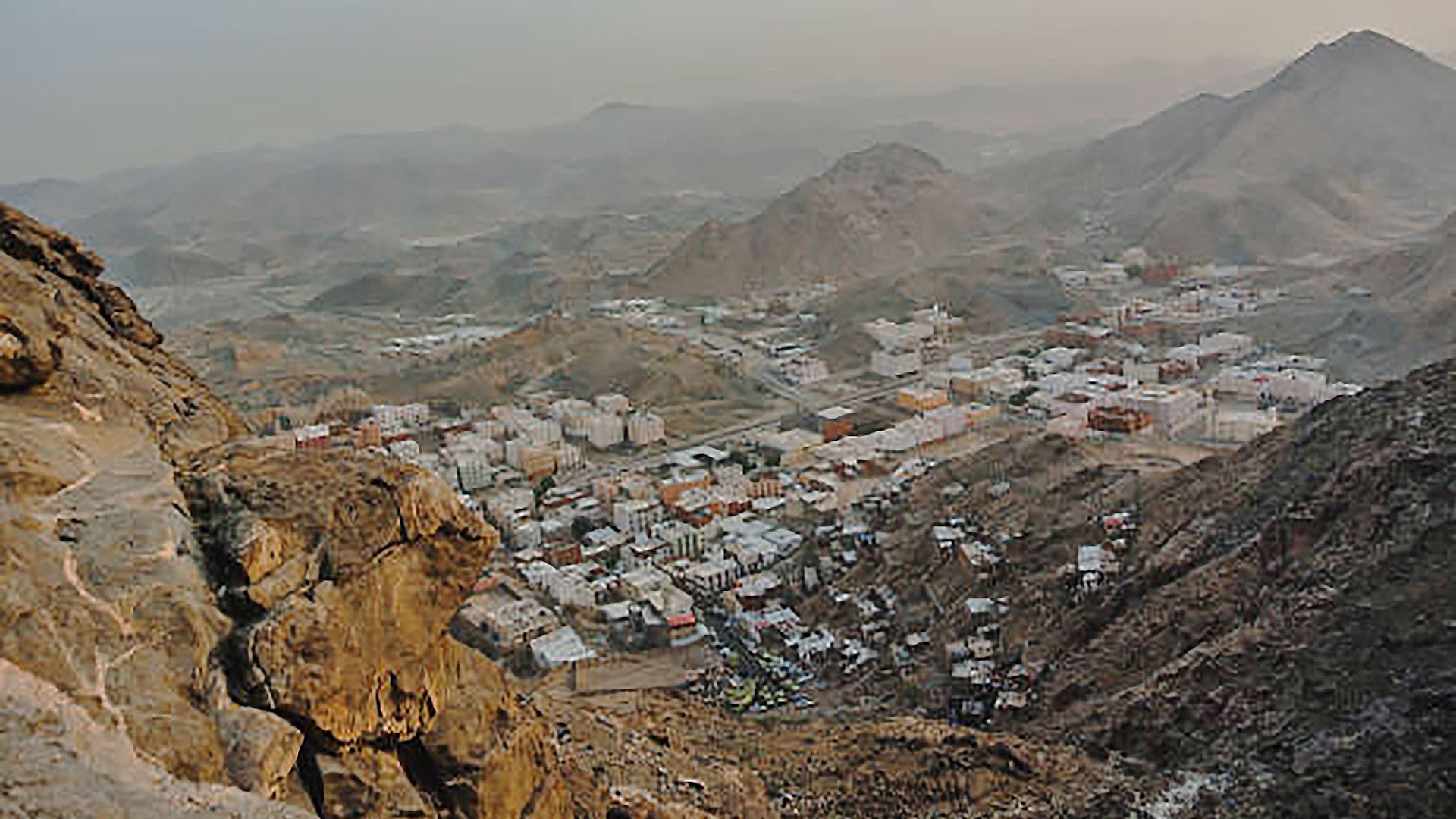
What was Abu Bakr’s Role in Facilitating Migration?
The journey to Madinah was dangerous and involved several key events but in all of Prophet Muhammed's best friend Abu Bakr was always by his side:
- The Prophet Muhammad, peace be upon him, and his close companion Abu Bakr prepared to leave Makkah. Abu Bakr offered his two she-camels for the journey- which they used to travel.
- Together they stayed in cave Thawr for three nights to evade the Quraysh, who were searching for them. They stayed updated on the search through Abu Bakr’s son, ‘Abdullah, who would gather information from Makkah and relay it to them at night.
- A skilled guide from the tribe of Bani al-Dayl, although not a Muslim, was trusted to lead them along a safe route to Madinah.
- Suraqah ibn Malik, who initially sought to capture the Prophet for a reward, eventually realized the Prophet’s divine protection and provided information about the Quraysh’s plans before letting them continue their journey safely.
The Establishment of the First Islamic State and its Significance in Islamic History
The establishment of the first Islamic state in Medina marked a significant milestone in Islamic history, as it provided a haven for Muslims to practice their faith freely. This establishment marked a transitional line in Islamic history, signifying a shift in various aspects such as the practice of Islam and the political and social landscape.
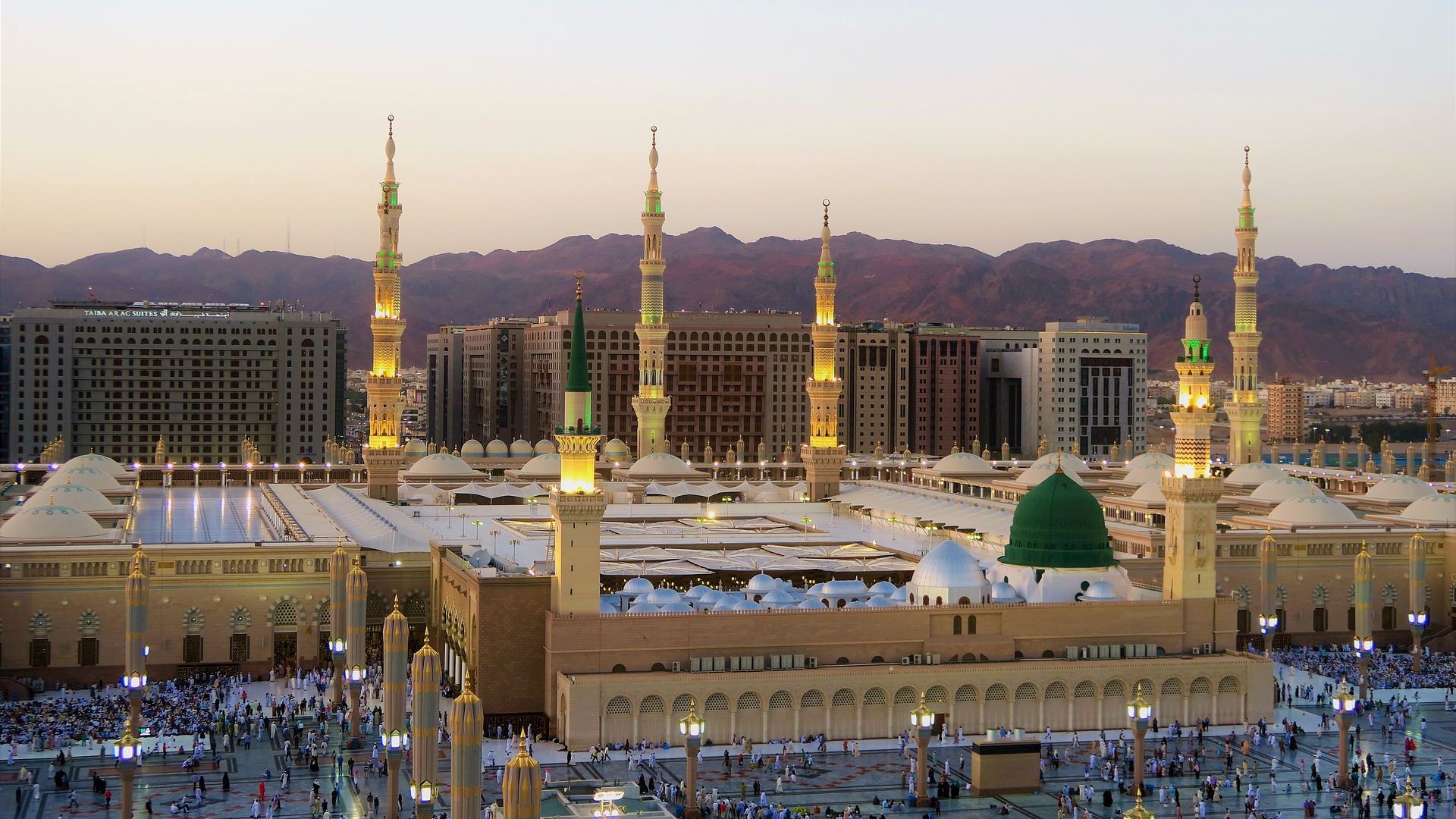
The Islamic Calendar: A New Bringing after the Hijrah
The Islamic calendar, also known as the Hijri calendar, was introduced by Umar ibn Al-Khattab, a close companion of the Prophet (PBUH). It is often compared to the Gregorian calendar, which is solar based, highlighting the differences in month lengths and the start of the year. The Hijri calendar is based on a lunar cycle with 12 months, with years counting since the Hijrah. The first month of the Islamic calendar is Muharram. This year the year the Islamic New Year is expected to begin July 7th, 2024.
The Islamic calendar is still used today, with the abbreviation “AH” (Anno Hegirae) denoting Hijri dates.
The Lasting Impact of Hijrah on Islamic History and the Muslim Community
The Hijrah transitioned from a small group of believers to a regional power with a strong central leadership under the guidance of Prophet Muhammad(PBUH). The Hijrah kindled the light of hope in the hearts of early Muslims, setting an example for future generations.
Most of all the significance of Hijrah is not limited to Islamic history or Muslims, but has a global impact on civilizations, promoting peace, justice, and religious freedom. As Muslims are encouraged to migrate for education, religious freedom, and livelihood, and most of all to please Allah(swt) and thought to be a means of blessing.
It’s also a reminder that we are all refugees in this world for our limited time. You can help Yemen refugees, in honor of the Hijrah our Prophet (PBUH) did, and well as to double your reward of your donation by donating in blessed month of Muharram.






